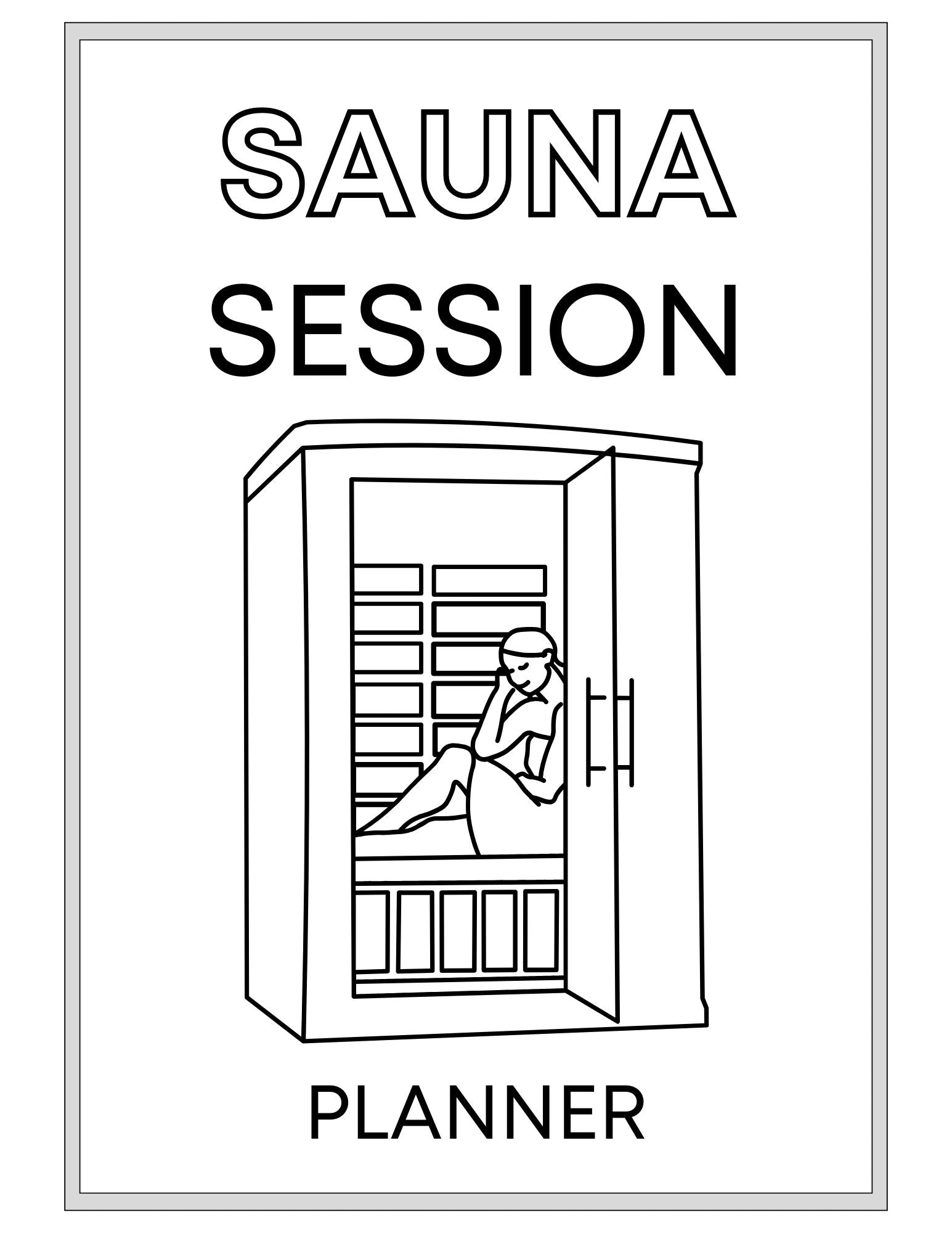
Transform Your Mind: How 8 Weeks of Meditation Reshapes Your Brain
Meditation has long been associated with achieving inner peace and tranquility, but its effects extend far beyond mere relaxation. Recent studies highlight how consistent meditation practice, particularly over a period of eight weeks, can lead to significant changes in brain structure and function. This article delves into the fascinating ways meditation alters your brain, backed by scientific evidence and practical insights.
What Happens to Your Brain When You Meditate?
Engaging in meditation activates several areas of the brain, particularly those associated with emotional regulation, attention, and self-awareness. Research from neuroscientific studies indicates that meditation can lead to structural changes in the brain, such as increased gray matter density in regions associated with these functions.
For instance, a study conducted by neuroscientists at Harvard University demonstrated that participants who practiced mindfulness meditation for eight weeks experienced an increase in gray matter in the hippocampus, the area of the brain crucial for learning and memory (Hölzel et al., 2011). Additionally, there was a decrease in gray matter density in the amygdala, which is responsible for the processing of emotions like fear and stress.
How Does Meditation Enhance Emotional Health?
One of the most profound impacts of meditation is on emotional health. Regular practice helps individuals develop a greater capacity for emotional regulation. This is particularly beneficial for those experiencing anxiety and depression. The reduction in amygdala size, as noted earlier, correlates with lower levels of anxiety and stress, enabling practitioners to respond to life's challenges with greater equanimity.
Moreover, mindfulness meditation encourages a non-judgmental awareness of thoughts and feelings, allowing individuals to observe their emotional responses without becoming overwhelmed. This approach fosters resilience and equips practitioners with tools to manage stress effectively.
What Cognitive Improvements Can You Expect?
Meditation is not just about emotional well-being; it also enhances cognitive function. Research shows that meditation improves attention span, memory recall, and cognitive flexibility. A meta-analysis published in the journal Cognitive, Affective, & Behavioral Neuroscience found that mindfulness meditation significantly enhances attention-related processes (Zeidan et al., 2010).
- Increased Attention: Practitioners often report better focus and concentration, which can translate into improved performance in both personal and professional settings.
- Enhanced Memory: Regular meditation helps strengthen the neural pathways associated with memory, resulting in better recall and retention of information.
- Cognitive Flexibility: Meditation encourages divergent thinking and creative problem-solving, making it easier to adapt to new situations.
Can Meditation Change Your Brain’s Structure?
The structural changes in the brain resulting from meditation practice are particularly noteworthy. Studies using advanced imaging techniques, such as MRI scans, reveal that meditation can lead to measurable increases in gray matter in several brain regions.
In addition to the hippocampus and amygdala, meditation has been shown to increase cortical thickness, which is associated with higher-order functions such as reasoning and decision-making. This increase in cortical thickness may contribute to the enhanced cognitive abilities reported by regular meditators.
How Can You Get Started with Meditation?
Getting started with meditation doesn’t require extensive training or commitment. Here are some actionable steps to begin your journey:
- Set a Regular Schedule: Aim for at least 10-20 minutes of meditation each day. Consistency is key to reaping the benefits.
- Choose a Comfortable Space: Find a quiet place where you can meditate without distractions.
- Focus on Your Breath: Start by simply observing your breath. Inhale deeply, hold for a moment, and exhale slowly.
- Explore Guided Meditations: Consider using apps or online resources that offer guided sessions to help you stay focused.
- Be Patient with Yourself: Progress may be slow, but persistence will yield results over time.
For further support, consider integrating wellness tools such as massage chairs or floatation therapy tanks to complement your meditation practice.
FAQs
1. How long do I need to meditate to see changes in my brain? Most studies suggest that a daily practice of at least 10-20 minutes over eight weeks can lead to noticeable changes in brain structure and function.
2. Can meditation help with anxiety? Yes, numerous studies have found that meditation can significantly reduce anxiety levels by enhancing emotional regulation.
3. What type of meditation is best for beginners? Mindfulness meditation is often recommended for beginners due to its focus on breath and present-moment awareness.
4. Are there any risks associated with meditation? For most people, meditation is safe; however, some may experience uncomfortable emotions surfacing. It's important to approach meditation with self-compassion.
5. How can I maintain my meditation practice? Creating a dedicated space, setting reminders, and joining a meditation group can help you stay consistent and motivated.
6. Is there a specific time of day that's best for meditation? While any time can be beneficial, many find that meditating in the morning sets a positive tone for the day.
7. Can meditation improve sleep quality? Yes, studies have shown that meditation can enhance sleep quality by promoting relaxation and reducing stress.
In summary, the evidence supporting the transformative effects of meditation on the brain is compelling. By dedicating just eight weeks to a consistent meditation practice, you can experience significant improvements in emotional health, cognitive function, and overall well-being. Start your journey today and unlock the incredible potential of your mind.
For more insights on enhancing your wellness journey, explore our sauna collection to complement your meditation practice.
Author Bio: John Smith is a wellness expert and certified meditation instructor with over a decade of experience in promoting mental health and mindfulness practices. He is passionate about helping individuals discover the transformative power of meditation.
View More Articles





















































